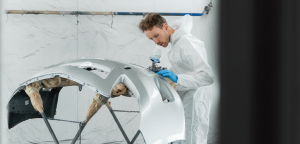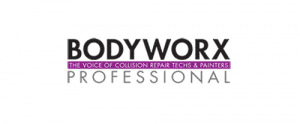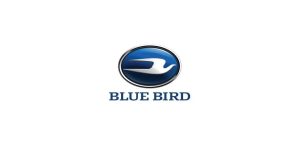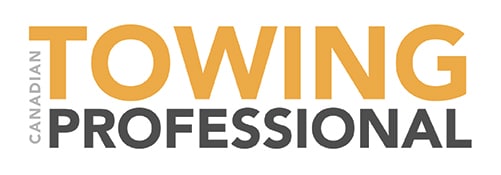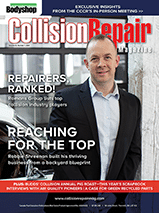YOU KNOW HOW GREAT THE INDUSTRY IS—DEFEND IT
BY DARRYL SIMMONS
Have you ever been to a party?
Assuming you’re not the fabled hermit refinisher we’ve been keen to feature, you’ve probably attended a shindig or two in your day. Even if you’ve never left your house there’s an all-too-likely chance you’ve been asked the question human beings often pose to fill a gaping silence: so, what do you do for work?
What do you say to a question like that? If you’re a member of Canada’s collision repair community, or automotive aftermarket in general, you should be keenly aware of how you answer this question in a room ripe with people who don’t work in this industry. While the automotive refinishers, technicians, apprentices and industry professionals of today recognize that the automotive aftermarket is an integral spoke of Canada’s economy, far too many drivers still see this industry as one ripe with bad apples.
We all, especially those of us who have been in this industry a decade or two, know that the safety standards in collision centres today undoubtedly triumph over the practices in place twenty years ago. Unfortunately, this message has yet to reach the general public. Some even still sneer at those opting for jobs in the skilled trades. The tides are shifting, of course— but it took a skills shortage to move such massive change.
This is why, when someone asks you what you do for work, you should stand tall and speak your profession. Don’t shrug, don’t say “it’s messy,”; be aware of the stereotypes you could be reinforcing. Instead, proclaim that, without the skills touted by you and your peers, we’d all go broke from buying new cars, or be forced to drive drab colours that match every other ride on the road. Remember, two years ago, when every industry was vying to be deemed ‘essential’? Collision repair was on that list. You are essential—do not forget it. Now, none of this is to tell you that you are not allowed to complain about your job. No one is asking you to hide shady practices or your personal opinions about your job——but would a shark complain to a seagull and expect them to understand? You’re not a shark—and your friends aren’t seagulls—but the point is that there are a pair of ears for every situation. Your friends aren’t going to solve your problems at work, but “complaining” to someone who can— i.e. a boss or mentor—has the potential to render results.
So, readers: next time someone asks you what you do for work, tell them. Let the glory of your career be shared with the world and do your part to spread the verity of our trade






